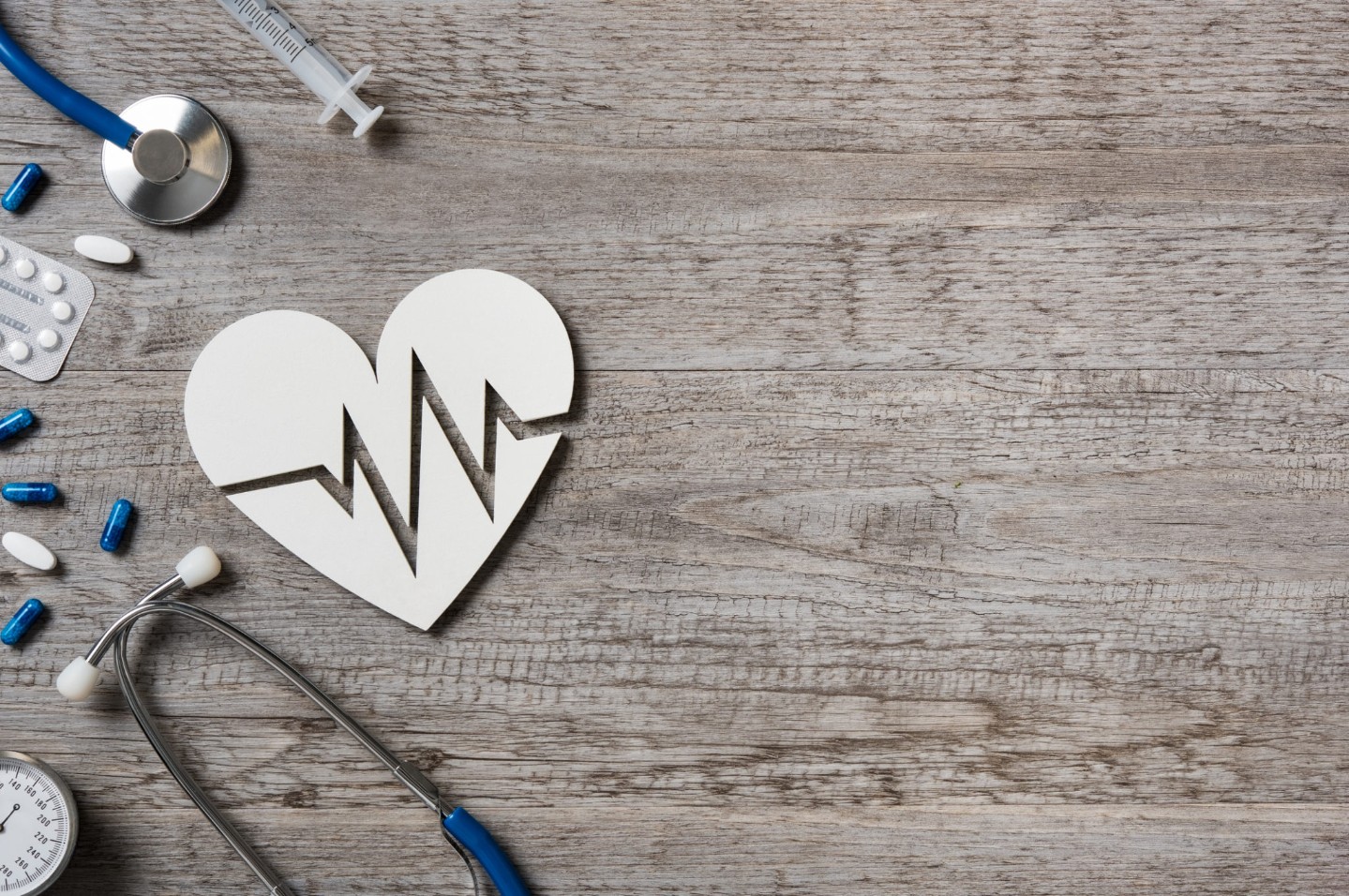This Stroke Risk Factor Hides in Your Heart
APR 26, 2024Could you be walking around with a tiny hole in your heart and not know it? That’s the case for one in four people, due to an anatomic condition.
Read More
The field of cardiology uses some of the oldest pharmaceutical products in all of medicine. Digitalis, warfarin, and aspirin are examples of medications that have been present in the armament for more than half a century. One such prominent medication is nitroglycerin, a compound that has both a colorful and misunderstood history and is similarly somewhat misunderstood today.
Most of you know the history of Alfred Nobel and his refinement of the explosive substance nitroglycerin that had been developed in 1847. After numerous catastrophic failures he and his company finally settled on a mixture of nitroglycerin and clay that yielded the stable form of dynamite we’re familiar with today. His patents on the compound led to immense fortune and the foundation of the Nobel Foundation that sponsors the annual Nobel Prize awards.
Early in the development of nitroglycerin workers discovered that they developed headaches as they came into contact with the chemical (the workers called it the “nitro headache”). This suggested to Dr. William Murrell that nitroglycerine could act as a vasodilator (a substance that causes temporary enlargement of the blood vessels), much like the previously discovered amyl nitrate, and could be used as a treatment for cardiac angina. Worried that patients may be alarmed at the prospect of ingesting explosives Dr. Murrell marketed his finding as “glyceryl trinitrate.” It became immensely successful.
Dr. Murrell published his findings in The Lancet exactly 130 years ago and nitroglycerin remains in common use today and several forms. The most recognized use for nitroglycerin is as a small tablet placed under the tongue during episodes of acute chest pain. Virtually everyone knows about this therapy, either from personal experience or from its ubiquitous presence in TV shows and movies that show someone suffering a heart attack. The dramatic scenario is always the same: a patient is near death from a heart attack and must get his nitro—if he gets it he lives, if not he’s done for.
Nitroglycerin is an effective treatment of chest pain due to poor blood flow to heart muscle, but how it obtained its reputation as the difference between life and death, I’m not sure. In the throws of a heart attack there are several medications we give that increase the patient’s chance of survival such as aspirin, blood pressure medications, and thrombolytics (clot busters). Nitroglycerin has never demonstrated any effect other than temporarily alleviating discomfort.
Many medical professionals are similarly misguided in their understanding of nitroglycerin, but in a very different sense. There has long been the perception that if a patient with chest pain gets relief from nitroglycerin then the pain must arise from the heart. I find this happens in the emergency room frequently, where doctors are in essence using the response to nitroglycerin as a diagnostic test.
Some colleagues of mine and I tested this theory a few years back and came up with some interesting observations. We assessed the response to nitroglycerin in a few hundred patients that came through the emergency room and then followed their admission to the hospital to learn what their ultimate diagnosis was. We published our findings in the American Journal of Cardiology. At the time it was the only such study ever published, but since then a couple more papers have been put out that showed the exact same thing.
The verdict? Virtually everyone in the emergency room with chest pain gets some relief from nitroglycerin and this response, therefore, has no utility whatsoever in reaching the diagnosis of cardiac disease. It turns out that pain due to esophageal or stomach problems frequently gets better with the use of nitroglycerin. Furthermore, since everyone knows what nitroglycerin is supposed to do it tends to have a powerful placebo effect. The nurse gives you the nitroglycerin, you feel the tingle under the tongue and the headache, and then someone checks on you every 3 minutes to see if your pain has gotten any better. In less than 10% of patients did we observe no benefit in the use of nitroglycerin.
You might be surprised to know that nitroglycerin tablets are prescribed less by cardiologists than other healthcare providers. This is because we understand the limited utility of this medication and would rather focus on the root of the problem (fixing the underlying blockage in the artery) and using medications that are really protective such as aspirin and cholesterol and blood pressure medications. Nitroglycerin still has its role in cardiology, but I’m thankful that we have come up with better therapies over the last 130 years than medicinal explosives.
If you are worried about your risks for stroke, heart attack or other medical issues, try taking our online health awareness quizzes to find out more about your risk

Could you be walking around with a tiny hole in your heart and not know it? That’s the case for one in four people, due to an anatomic condition.
Read More
A healthy lifestyle is very important to protect the electrical system of the heart. Once it gets damaged, the heart may have little ability to recover.
Read More
Heart disease is the number one cause of death for women and men, claiming more lives than all forms of cancer combined.
Read MoreWhen you need local health information from a trusted source, turn to the CHI Health Better You eNewsletter.